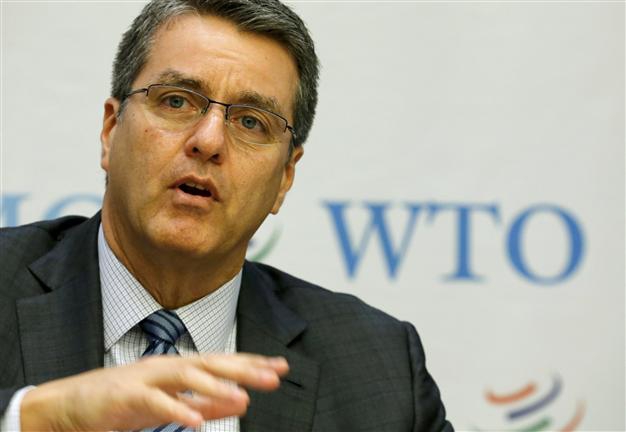

Having received four more ratifications for the Trade Facilitation Agreement (TFA), the World Trade Organisation (WTO) has now obtained the two-thirds of acceptances needed from its 164 members to bring the TFA into force, which could boost global trade by up to $1-trillion each year, with the biggest gains expected to be felt in the poorest countries.
Rwanda, Oman, Chad and Jordan this week submitted their instruments of acceptance to WTO director-general Roberto Azevêdo, bringing the total number of ratifications over the required threshold of 110.The entry into force of the TFA, which seeks to expedite the movement, release and clearance of goods across borders, launches a new phase for global trade facilitation reforms and creates a significant boost for commerce and the multilateral trading system.
With full implementation of the TFA, the estimate is that members’ trade costs will be slashed by an average of 14.3%, with developing countries having the most to gain, a 2015 study carried out by WTO economists has shown.
The TFA is also likely to reduce the time to import goods by over a day-and-a-half, and for export goods, by almost two days, representing a reduction of 47% and 91% respectively over the current average.
Implementing the TFA is also expected to help new firms export their goods for the first time.
Moreover, once the TFA is fully implemented, developing countries are predicted to increase the number of new products exported by as much as 20%, with least developed countries likely to see an increase of up to 35%, the study pointed out.
“This [landmark reform] shows members’ commitment to the multilateral trading system and that they are following through on the promises made in Bali. It means we can now start implementing the agreement, helping to cut trade costs around the world. It also means we can kick-start technical assistance work to help poorer countries with implementation,” said Azevêdo.
The TFA also allows developing and least developed countries to set their own timetables for implementing the TFA depending on their capacities to do so, while developed countries have committed to immediately implement the agreement.


